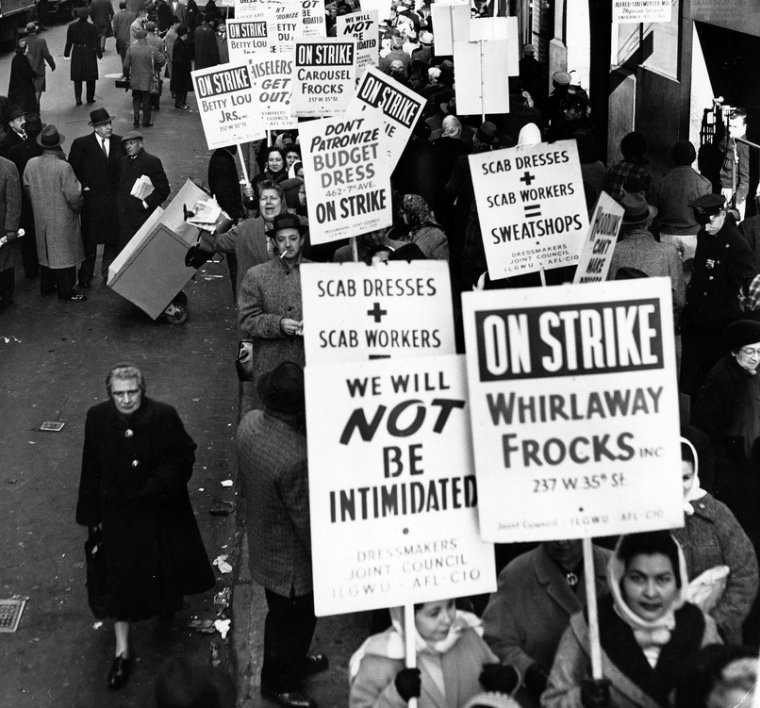
Last night brought revelations that Oculus co-founder Palmer Luckey is funding an odd political group that produces anti-Clinton memes to spread online. Today, a handful of smaller developers have publicly announced that they're dropping Oculus support from their current and upcoming games.
"Hey Oculus, Palmer Luckey's actions are unacceptable," writes Tomorrow Today Labs, a company working on VR physics middleware and an unannounced VR game. "NewtonVR will not be supporting the Oculus Touch as long as he is employed there."
Newcomer indie developer Scruta Games, which is currently working on a number of VR titles, echoed the same sentiment. "Until Palmer Luckey steps down from his position at Oculus, we will be cancelling Oculus support for our games," the company tweeted.
At least one non-gaming VR developer is thinking the same way. "I backed Oculus's kickstarter, bought developer kits, was working to adapt non-gaming tools for work site management," Mark Sumner writes in a series of tweets. "Not any more. Oculus is FAR from the only product on the VR market. And it can just gather dust from now on."
The outcry has already spread far enough to start inspiring jokes, too. "I'm dropping Oculus support from the risotto I'm making," Erwin Vogelaar teased on Twitter. Other online withdrawals of support seem less genuine. "I'm dropping Oculus support for Mallow Drops," writes John Kane of his 2D puzzle platform project that doesn't seem very suited for VR in the first place.
This small collection of criticism is a far cry from a massive, organized developer boycott that could materially affect Oculus' business success or game selection. At the same time, the idea of any developer boycotting a platform strictly because of the politics of its executives is pretty unprecedented in the gaming world, as far as we can recall. It's the kind of thing we usually associate with business boycotts over controversial state laws or the refusal to do business with entire countries (though obviously not on the same scale).
Consumers have often threatened boycotts of games and other tech products in the past over perceived developer slights, both real and imagined. And some gamers are also threatening to never buy an Oculus product in the wake of this new controversy.
In practice, though, these consumer boycott efforts almost always fall apart over time without any noticeable impact on the company in question. Back in 2009, when a Steam group developed to boycott Call of Duty: Modern Warfare 2 over the lack of dedicated servers, a huge number of those boycotters were seen playing the game on release day.
So far, there's no sign yet that developers are turning away from their association with Oculus en masse. If they did, though, that could represent a much more serious threat to the company than the kinds of failed consumer boycotts we've seen in the past.
3:06pm ET Update: Indie developers Polytron (best known for Fez) and Kokoromi, makers of the intriguing VR puzzle game SuperHyperCube, have joined in the developer protest against Oculus. Last year, SuperHyperCube was announced as a PlayStation VR exclusive "at launch," but today, the companies made it clear "we will not be pursuing Oculus support" for the game after that exclusivity expires.
"In a political climate as fragile and horrifying as this one, we cannot tacitly endorse these actions by supporting Luckey or his platform," they wrote (and announced via tweet). "If you are a voting citizen of the United States, please remember to register and make your voice heard this Nov. 8. Do not let bigotry, white supremacy, hate, and fear win."
reader comments
419